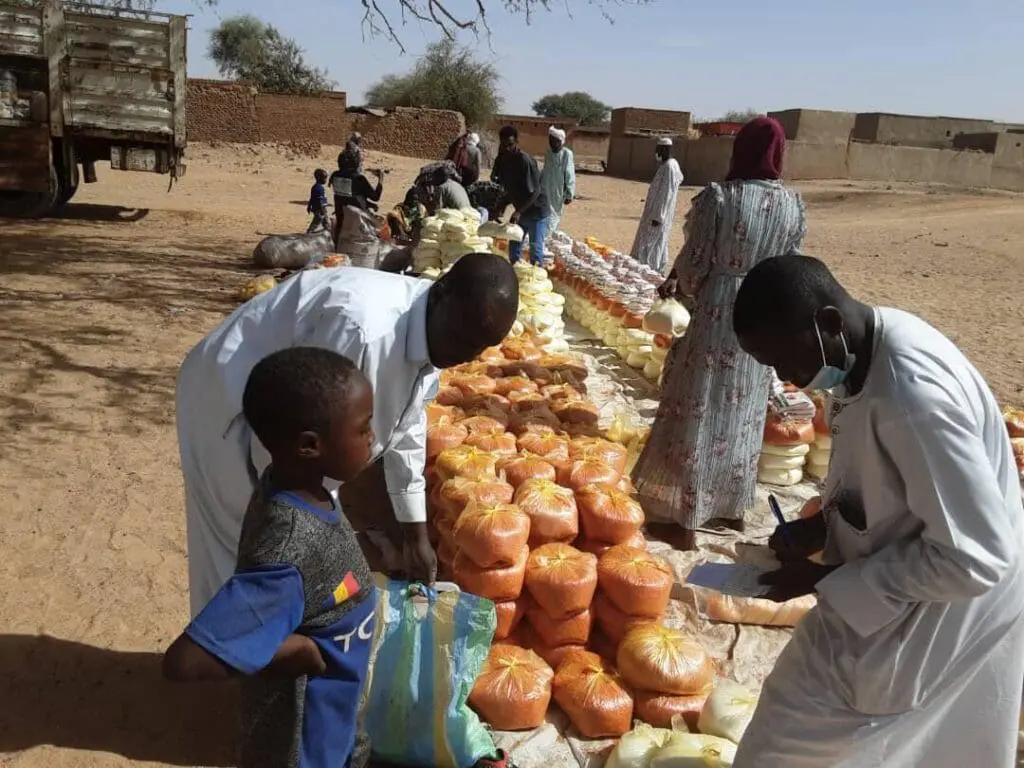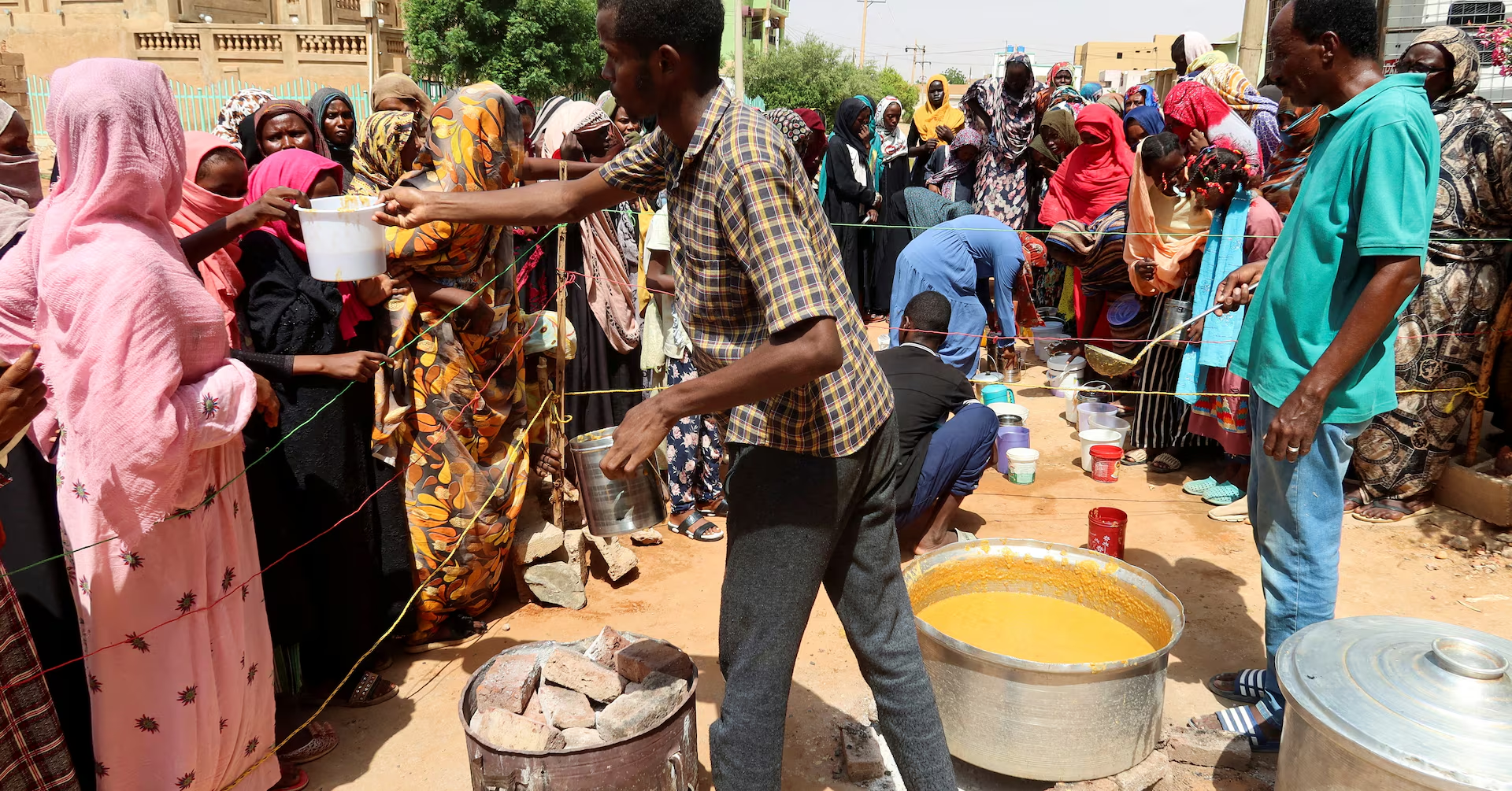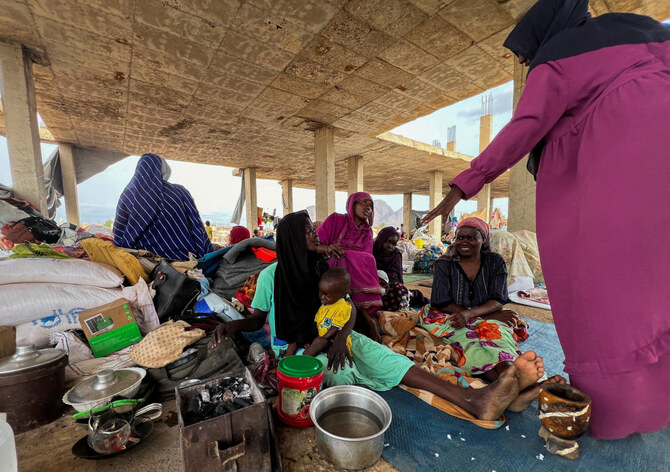The United Nations World Food Program (WFP) has initiated an investigation into two of its senior officials in Sudan, focusing on allegations of fraud and concealment of information from donors, according to 11 sources familiar with the probe. This internal inquiry comes at a critical juncture as Sudan faces one of the world’s most severe food shortages in recent years.

The investigation, led by the WFP’s Office of the Inspector General (OIG), is examining whether staff attempted to hide the alleged role of Sudan’s army in obstructing aid delivery amid the ongoing 16-month conflict between the military and the Rapid Support Forces (RSF).
Khalid Osman, WFP’s deputy country director in Sudan, has been given a “temporary duty assignment” outside the country, effectively suspending him during the investigation, according to six sources. Mohammed Ali, a WFP area manager, is under scrutiny for the alleged disappearance of over 200,000 liters of UN fuel in the city of Kosti, as reported by four sources.
The U.S. Agency for International Development (USAID), the WFP’s largest donor, confirmed it was notified of “potential incidents of fraud affecting WFP operations in Sudan” on August 20. USAID described the allegations as “deeply concerning” and immediately referred them to its own inspector general for further investigation.

This probe coincides with a critical period for the WFP, which is seeking $22.7 billion in funding to reach 157 million people globally, including 1.3 million on the brink of famine, primarily in Sudan and Gaza. The organization, which won the 2020 Nobel Peace Prize for its efforts in combating hunger, is facing challenges on multiple fronts, including recent incidents of aid diversion in Somalia and Yemen.
The investigation has raised concerns among humanitarians and diplomats that mismanagement within the WFP’s Sudan office may have contributed to insufficient aid delivery during the conflict. The war has displaced over 10 million people and exacerbated hunger, malnutrition, and disease outbreaks across the country.

One focus of the investigation involves suspicions that senior WFP staff in Sudan may have misled donors, including UN Security Council member states, by downplaying the Sudanese army’s alleged role in blocking aid deliveries to areas controlled by the RSF. In one instance in June 2024, WFP deputy country director Osman allegedly concealed from donors that army-aligned authorities in Port Sudan had delayed permission for 15 trucks carrying life-saving aid to Nyala in South Darfur for seven weeks.
The Integrated Food Security Phase Classification (IPC) recently determined that famine had taken hold in at least one site in Sudan’s Darfur region, with 13 other areas across the country at risk. More than 25 million people, over half of Sudan’s population, face crisis levels of hunger or worse.
The WFP acknowledged the investigation, stating it had taken “swift measures” to reinforce its work in Sudan due to the scale of the humanitarian challenge. The organization declined to comment on specific allegations or the status of individual employees.



